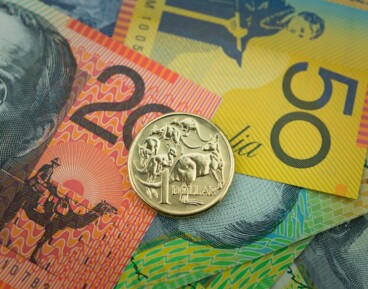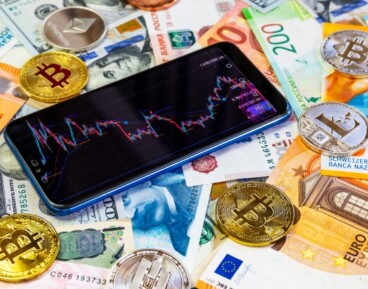German automotive industry at a crossroads
Kategoria: Business
It has become something of an annual tradition at this blog to summarize the yearly movement of a number of important currencies. This year, most currencies didn’t change very dramatically against the U.S. dollar for the year as a whole. 5 currencies rose, three of which (the Australian and New Zealand dollars and the U.K. pound) only marginally. Only the yen and the yuan rose significantly, but far from dramatically. The other fell, but it was only the Brazilian real and the Indian rupee that did so in a really significant way.
It should however be noted that this yearly change masks more dramatic intra-year changes, as the U.S. dollar fell, driven by QE2, against almost all other currencies and usually significantly so during the first half. During the second half, it rebounded as QE2 ended and as the dollar’s „safe haven” status during the European debt crisis increased demand for it.
Yen:+6.1%
Yuan: +4.9%
New Zealand dollar: +1.5%
Australian dollar: +1.3%
U.K. pound:+0.9%
Swiss franc: -0.1%
Singapore dollar:-0.5%
Norwegian krone: -1.3%
Canadian dollar: -1.6%
Swedish krona: -1.7%
Euro: -2.3%
South Korean won:-2.4%
Brazilian real: -10.7%
Indian rupee: -15.5%


